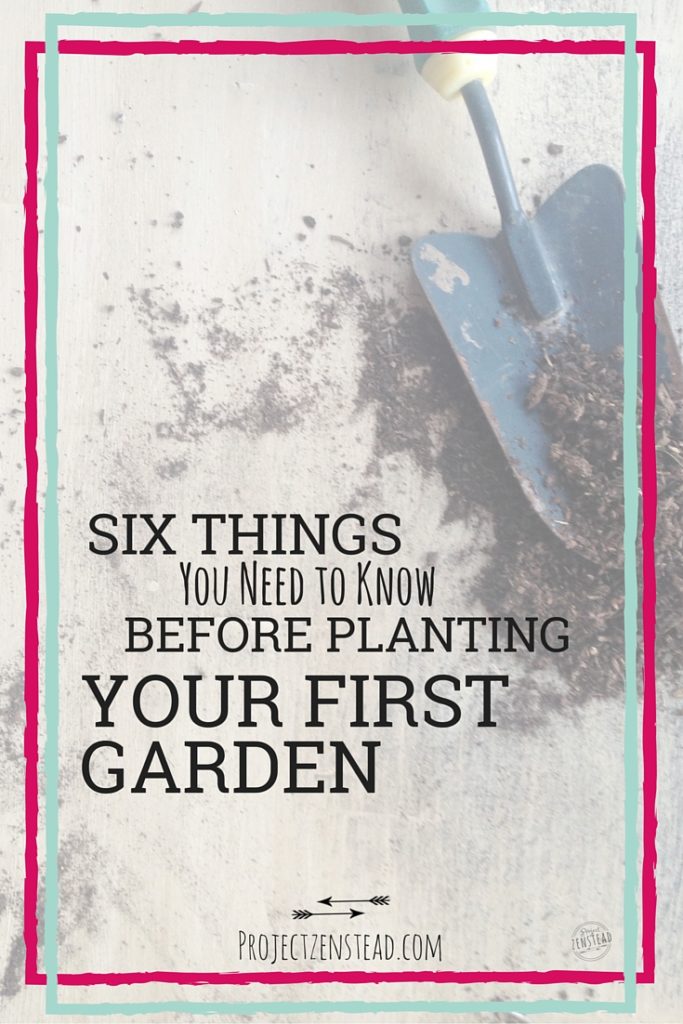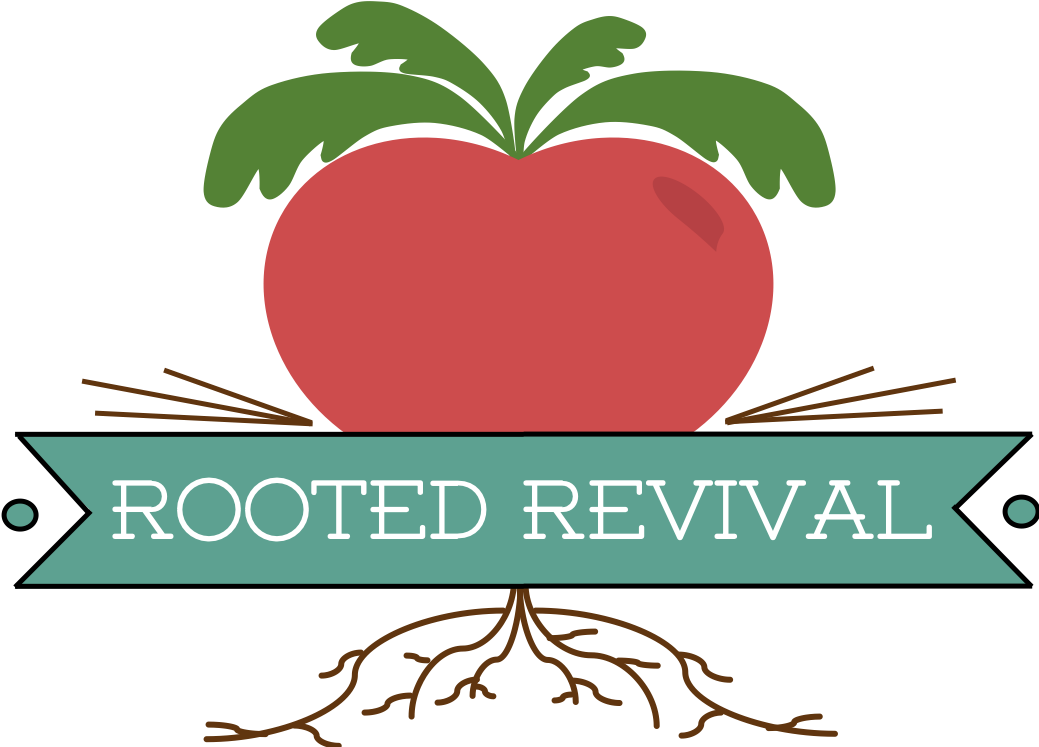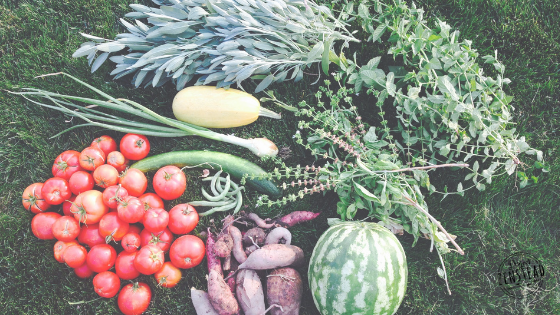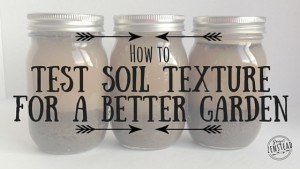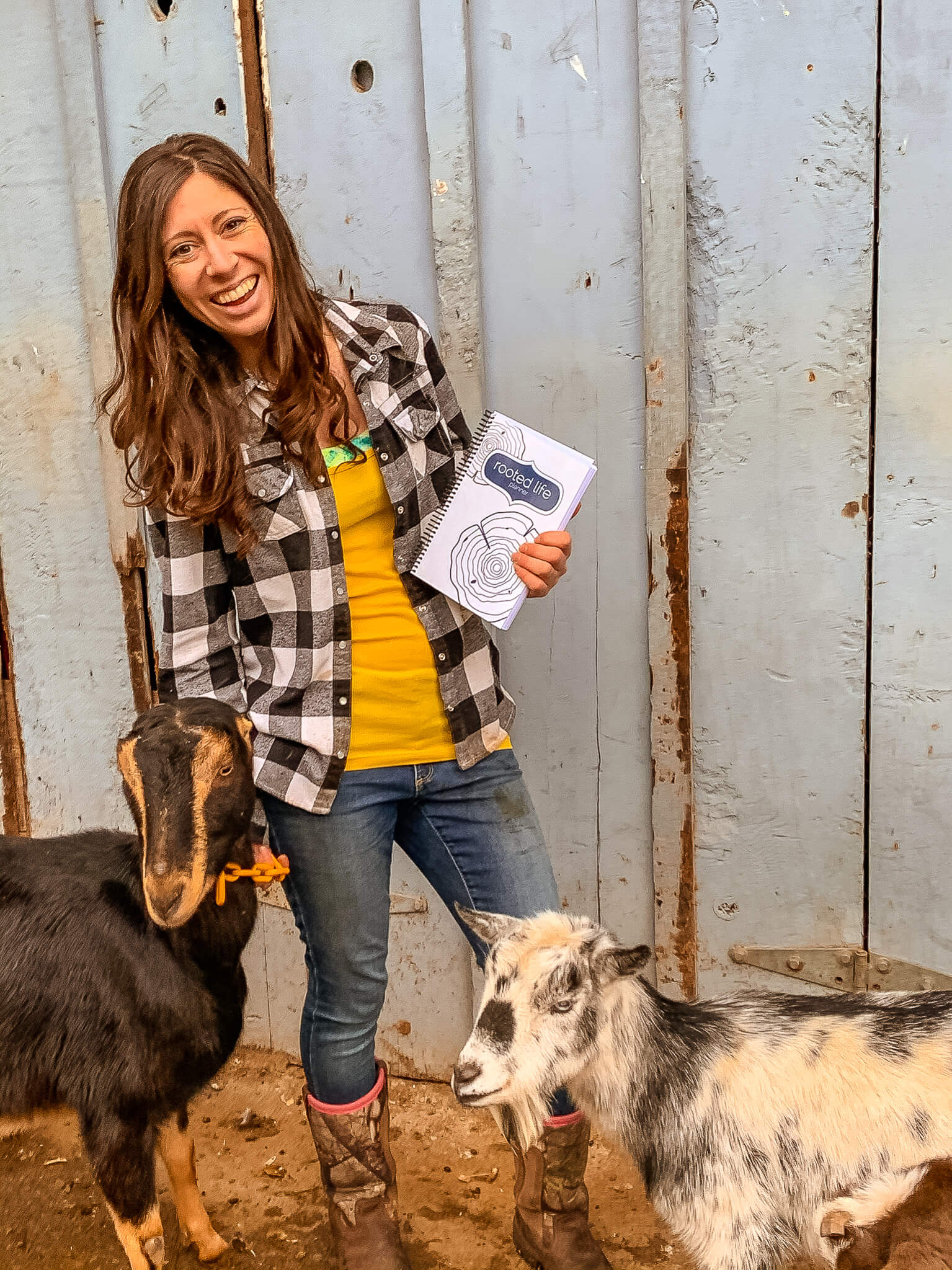When you start gardening, there’s a lot to learn! Here are 8 things I wish I had known before I planted my first garden!
You’ve decided to start growing your own food — congratulations!
Planting a garden is a huge step towards improving your health and lifestyle. Before you start digging in, there are a couple things you need to know that will help your first garden be a successful garden.
So let’s talk about some of the basics! And, if you want to dive even deeper, check out my post about Natural Gardening Solutions Every New Gardener Should Know. And just remember, gardening is a journey! You will always be learning!
1. Your soil is just as important as the plants you put in it
As a first time gardener, it’s easy to get caught up in picking out the perfect seeds and plants and overlook a very important factor: soil quality. Dirt may not be as fun or glamorous as picking out plants, but it is just as important, if not more important. Don’t spend all your time planning out a beautiful garden and investing money on seedlings only to bring them home and plant them in some old dirt you found on craigslist. Take the time to develop your soil before bringing your plants home. Your plants need more than water and sunshine to thrive. They need nutrients and minerals. This is the number one thing I can’t stress enough to new gardeners! If you don’t have high quality soil on your property, invest in some! Start a compost pile as soon as possible. And until your compost matures to a useable state, find some manure or mature compost to mix into your garden soil. You can also enlist some chickens to fertilize and prepare your garden area before you plant. Your goal is to develop soil that mimics a natural ecosystem that is alive with all sorts of micro-organisms!
2. It’s okay to use starter plants
I was talking with a friend yesterday who is growing their first garden. They mentioned that the majority of their seedlings had died and that they were going to have to “cheat” by buying starter plants. I’m not sure who started the myth that you have to grow your own seedlings in order to be considered a real “gardener”. It’s absolutely a lie! You don’t need to start out by growing everything from seed. If you want to give it a try, I absolutely recommend it! But seedlings can take some practice to be successful. It’s not uncommon to lose all or most of your seedlings on the first couple attempts. Include a little extra in your garden budget to buy starter plants just in case. Starter plants can save you a lot of time and energy, which can really help set the first time gardener up for success.
3. Understand seed varieties
Natural, Non-GMO, open pollinated, certified organic… it can all be a little confusing when you are trying to pick out the perfect vegetable seeds or starter plants. But it does make a difference! The quality of your food begins with the quality of your seeds. If you plan to save your seeds for future years, you will want to be extra picky about what type of seeds you get, as certain seeds are better suited for seed saving. Luckily, I have created a handy-dandy guide that explains it all right here or click the picture below!
4. Develop a watering and maintenance schedule
The phrase “watering and maintenance schedule” sounds so…. boring. So, let’s call it a “garden success plan” which sounds much more inspiring! Now, why do you need a gardening success plan? Because in your life, you like to have a schedule and know what to expect on a daily basis. Your plants are the same way. They want to know when they are going to get watered and know that it will happen consistently. Water your plants consistently on a daily basis, rather than flooding them and then waiting three days to water them again. Time of day is also important for your watering schedule. Plants use sunlight to help them uptake moisture and nutrients, so watering in the morning is a great option. You may want to invest in an automatic watering timer if you have a busy schedule. Other things to include into your garden success plan include regular weeding, fertilizing and inspections of your plants.
5. The “easy” plants aren’t always easy
So your tomatoes all died? Even though “anyone can grow tomatoes” and they are “the easiest plant for beginners”?? Guess what – it’s okay. There is no such thing as a universally “easy” plant to grow. What may be easy for one person (or 100 people) doesn’t mean it will be easy for you. We all have different soil, different weather, and different ability levels. These, along with many other factors, will effect your success with vegetable plants, even the “easy” ones. Don’t get discouraged. Instead, try a different method of growing the plant, a different variety of plant, or try a different plant all together. You can always trade with a neighbor, friend or coworker for the veggies you weren’t successful at growing.
6. Food tastes better picked right off the plant!
Prepare for grocery store veggies to never taste the same again! Nothing beats the flavor of garden fresh vegetables! Fruits and vegetables start losing their nutrient content the moment they are picked and it continues to decrease the longer they are off the vine. Supermarket produce is picked from the field, processed, packaged, shipped, and stocked on the store shelf. Depending on the particular fruit or vegetable, grocery store produce can be anywhere from one week to one year old by the time you eat it! Once start growing your own delicious food, it will be hard to go back to that mediocre supermarket produce.
If you like it then you better put a pin on it!
